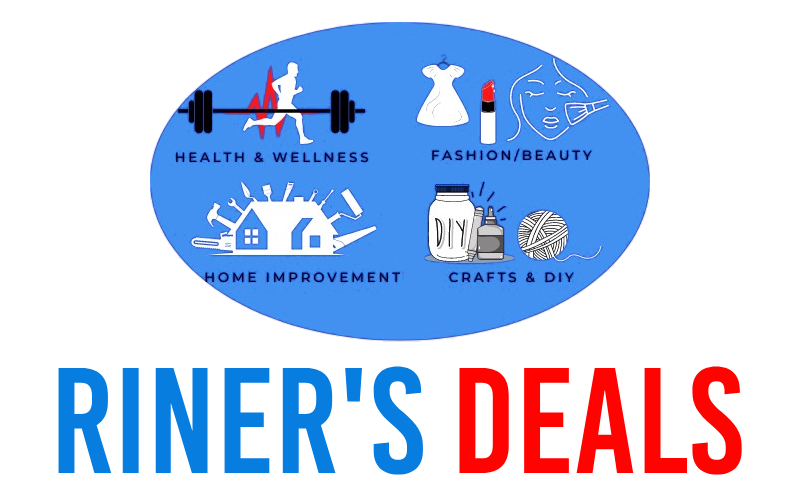Hydration is a cornerstone of good health, yet its importance is often overlooked. Proper hydration is essential for numerous bodily functions, including maintaining temperature, removing waste, and lubricating joints. This guide will delve into the essentials of hydration, providing insights into understanding and practicing effective hydration strategies for optimal health and vitality.
Understanding Hydration and Its Significance
Water makes up about 60% of the human body, and even a slight deficiency can impact physical and cognitive functions. Adequate hydration is crucial for digestion, absorption of nutrients, and maintaining healthy skin. It also plays a key role in cognitive functions like concentration and memory. Understanding the signs of dehydration, which can include headaches, fatigue, dry skin, and dark urine, is critical to maintaining proper hydration levels.
Daily Hydration Needs
Determining your daily water intake can vary depending on factors like age, weight, climate, and physical activity level. The commonly recommended eight 8-ounce glasses of water per day is a good starting point, but individual needs may differ. For those engaging in physical activity or living in hotter climates, increased water intake is necessary. It’s also important to note that certain foods, especially fruits and vegetables, contribute significantly to daily water intake.
Strategies for Effective Hydration
To maintain optimal hydration, it’s important to adopt practical and consistent hydration habits. Start by carrying a reusable water bottle, making it easier to drink water throughout the day. Setting reminders or using apps can help in keeping track of your intake. Drinking water before, during, and after exercise is crucial, especially in high-intensity or long-duration activities. For those who find plain water unappealing, adding natural flavors like lemon or cucumber can enhance palatability.
Hydrating Foods and Their Role
In addition to drinking water, consuming hydrating foods is an effective way to meet your body’s fluid needs. Many fruits and vegetables, like watermelon, cucumbers, oranges, and strawberries, have high water content and can be a valuable part of your hydration strategy. These foods also provide essential vitamins and minerals, making them a double win for health.
Balancing Electrolytes for Hydration
Proper hydration isn’t just about water intake; it’s also about maintaining electrolyte balance. Electrolytes, including sodium, potassium, and magnesium, are crucial for regulating fluid balance and muscle function. During intense exercise or in hot weather, replenishing electrolytes is as important as replenishing fluids. This can be achieved through a balanced diet, or, in some cases, through electrolyte-enhanced beverages.
Monitoring and Adjusting Hydration Levels
Listening to your body is key in managing hydration. Be attentive to signs of dehydration or overhydration (which, though rare, can be harmful). Adjust your water intake based on your daily activity levels and environmental conditions. Remember, thirst is often a late indicator of dehydration, so it’s better to maintain regular water intake throughout the day.
Conclusion
In conclusion, understanding and practicing proper hydration is fundamental to maintaining overall health. By recognizing the crucial role of water in the body, adjusting intake to individual needs, and incorporating hydrating foods and electrolytes into your diet, you can effectively support your body’s numerous functions. Regularly monitoring your hydration status and making adjustments as needed can ensure you remain well-hydrated, supporting both physical and cognitive health. Embrace the habit of hydration; it’s a simple yet powerful tool for maintaining well-being.

